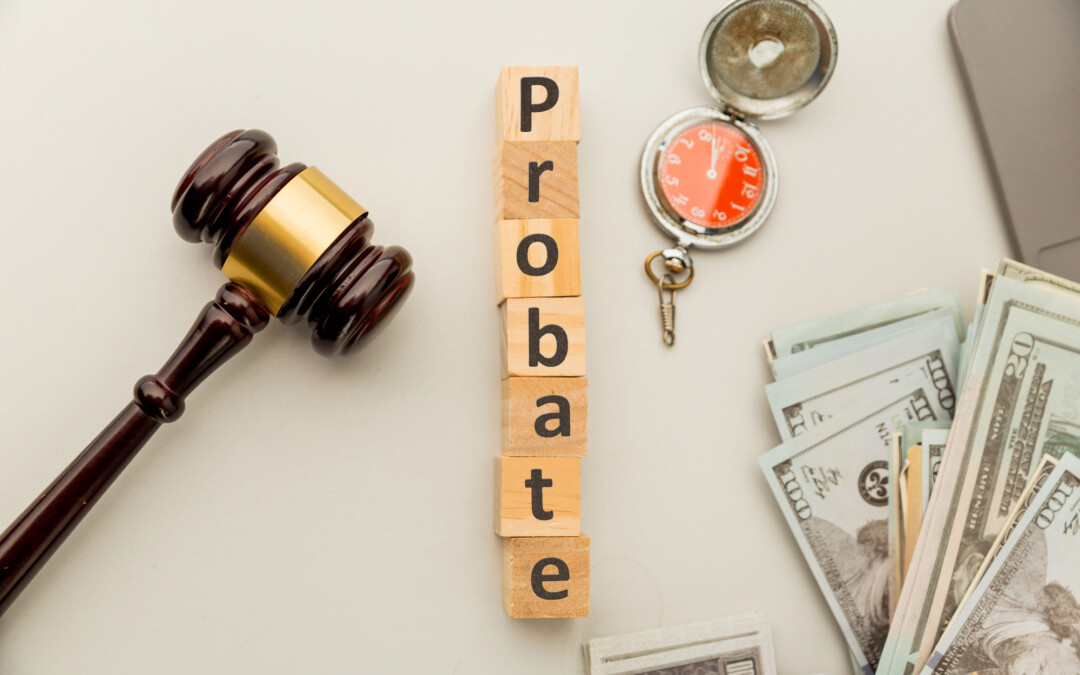Many individuals often come into an estate planning attorney’s office with one goal in mind: to avoid probate. However, just as many of these same people do not fully understand what this term means and exactly how one goes about avoiding probate in the State of Georgia.
What Is Probate?
Probate is the legal process of transferring assets that occurs after someone dies with or without a will. The deceased individual is known as the “decedent,”.
The probate process involves going to probate court to officially file the will and to appoint the individual who will be in charge of gathering all of the decedent’s assets and ensuring that all debts and liabilities are appropriately covered. If the person died with a will, this appointment is known as an executor. If the person died without a will, the appointment is known as an administrator.
The probate process can be lengthy. And since it is a legal matter in court, it is of public record. Many individuals seek to avoid probate for this reason. Many different measures are available to allow for someone to avoid probate upon their death. These are provided in more detail below.
Living Trust
Methods exist to allow for an individual to avoid probate for various items of property. One commonly used method that protects all assets is the living trust. Essentially any type of asset can be handled in a living trust, including bank accounts, real property, cars, and other items of property.
The owner of the property needs to create a trust document, designating someone called a trustee who will take over control of the property upon death. The individual who owns the property and creates the trust is usually written as the first trustee. It is important that he or she transfer property to himself or herself as the trustee for it to be protected under the terms of the trust. Successor trustees are also named to take over if the first individual is no longer living or no longer has the capacity to make competent decisions for himself or herself.
Upon the death of the creator of the trust, the trustee will have to follow the terms outlined in the trust with respect to transferring property to the beneficiaries outside of probate court proceedings.
Joint Ownership of Property
One way that individuals can protect their property from going through the probate process is to transfer it to another individual outside of probate. This process is often done through joint ownership of property.
If the individual owns property with another person, and the ownership includes what is known as “right of survivorship,” the person who is the surviving owner will automatically own the property when the other owner dies. The probate process is not needed to transfer the property. However, the surviving owner may need paperwork to show that title has officially shifted.
Payable-on-Death Designation
Another common method of avoiding probate is through a payable-on-death (POD) designation. These designations are normally placed on bank accounts, including checking and savings accounts and certificates of deposit.
The person still has complete control over the money in the bank account. The person who is designated as the POD beneficiary has no rights to the money until the initial owner passes away. After the account owner dies, the beneficiary can claim the money in the account directly, outside of probate court proceedings.
Transfer-on-Death (TOD) Designations
Another common option available in Georgia is the option of registering securities for Transfer-on-Death (TOD) for stocks and bonds. By registering securities with a TOD designation, the stocks and bonds will automatically go to the designated beneficiary immediately upon the death of the owner.
The beneficiary will then be authorized to work directly with the brokerage company who handles the account to ensure that ownership is properly transferred.
Contact Brian M. Douglas, LLC today
If you are not sure you need an attorney, you can always come in for a consultation to discuss your situation. Call us today at 770-933-9009 or contact us online to schedule your free consultation with a Greater Atlanta area probate lawyer today.


